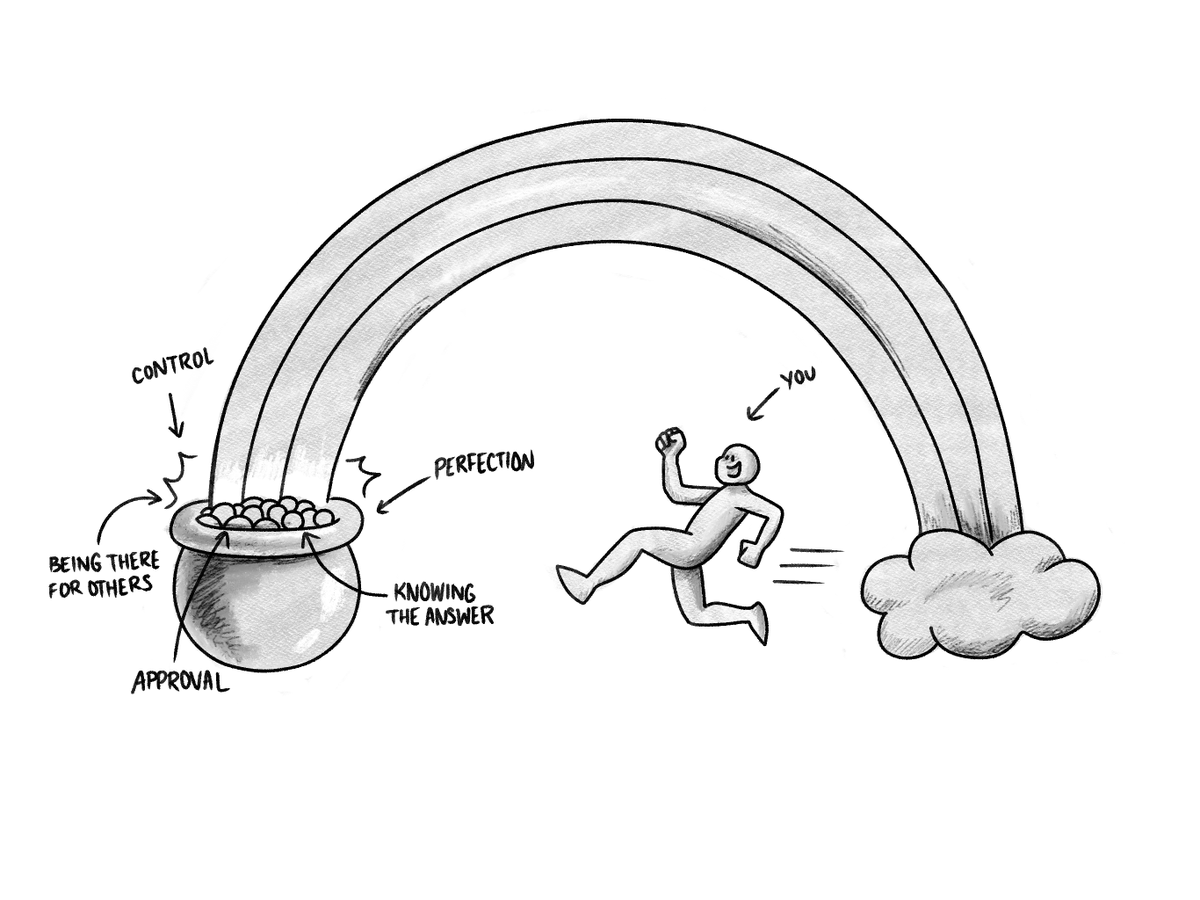A favorite source of anxiety is a #paradox: a literal impossible situation. The most succinct paradox is the instruction, 'Be spontaneous!' Your reaction by definition is now not spontaneous. For those in caring field, the paradox of a client is often, 'come here, go away.'
1.
1.
They want help, they don't want help at the same time.
A mixed message is often also a paradox. It puts your brain into anxiety, trying to interpret two opposite messages, or trying to accomplish the impossible task. You spin, because you can't win.
2.
A mixed message is often also a paradox. It puts your brain into anxiety, trying to interpret two opposite messages, or trying to accomplish the impossible task. You spin, because you can't win.
2.
I worked for a boss who painted a clear target and then punished you when you hit the target. Paradox.
The way out is simply to recognize you are in one. Name it, lose as quick as you can and get on with your life.
Netflix also helps.
Kidding about Netflix...sort of...
3/3
The way out is simply to recognize you are in one. Name it, lose as quick as you can and get on with your life.
Netflix also helps.
Kidding about Netflix...sort of...
3/3
• • •
Missing some Tweet in this thread? You can try to
force a refresh









